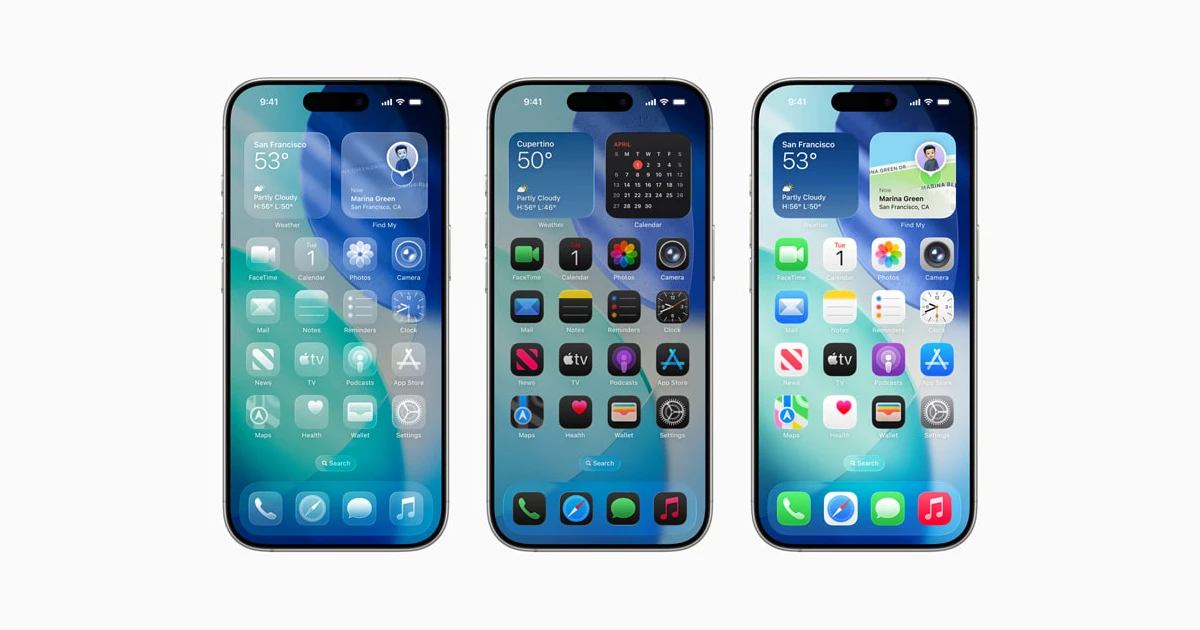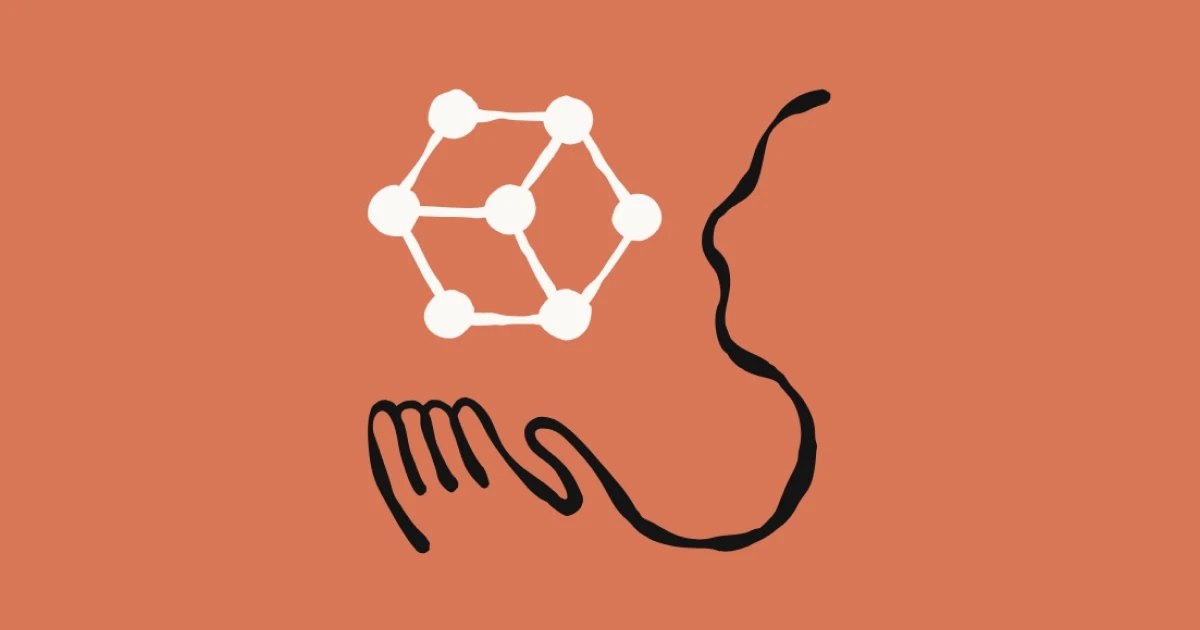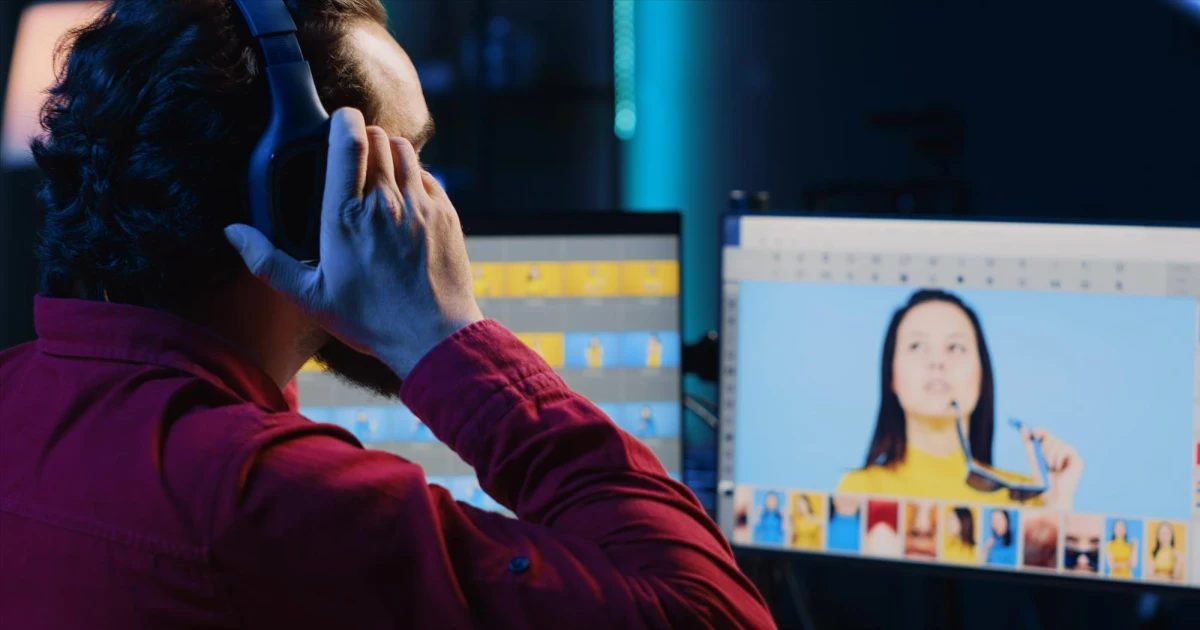The truth is that ever since the 1950s, the interest in developing a machine that resembles the human brain has spiked! Hence the question – what is AI? Especially in the minds of researchers and engineers. We lacked hardware and software advancements back then, but as more people and institutions focused on research, the dream seemed no longer a matter of “if” but rather a matter of “when”. Although the progress started slowly, advancements happened year by year, and in 1997 we witnessed the chess Grandmaster Garry Kasparov being defeated in a chess game against IBM’s Deep Blue machine.
That was a significant milestone in the development of AI, and IBM used a targeted machine learning algorithm that focused only on the chess game. Deep Blue was able to make the best move in a given present scenario, but it was unable to think in advance or do any complex form of “thinking”. But it was something! And the only direction from there was up.
That’s where artificial intelligence comes into the picture, with the sole purpose of doing what people can no longer do efficiently, thus letting us focus on what machine learning can’t do (at least not in the foreseeable future), and that is being creative, strategic, and emotional. Because of this efficiency benefit, everyone started being interested in developing the best AI tools for their companies/countries. Now, computational power doubles every 6 months as a result, and advancements in software are astounding, so we will see more and more use cases for AI technology in the near future.
Consequently, everyone is focused these days on software like OpenAI’s ChatGPT, Midjourney’s AI technology, and others, which also represent a significant milestone in the development of artificial intelligence. But wait! There are also robots, drones, and cars that are equipped with different AI software and AI chatbots to undertake specific tasks. We have seen the manufacturing industry highly impacted by the automation of labor. Not to mention that Uber has already experimented with deploying driverless cars to customers ever since 2017.
However, while many jobs will be lost, others will be created. We know that there are certain aspects of the human brain that AI can’t replicate, like our emotional side. Think about a robot doing the job of a psychologist. While it might offer the best solutions based on raw data, it won’t be capable of empathy and thus will fail in connecting with a patient. Not to mention putting an AI software as the CEO of a company.
Also, if we think about a surgeon during a medical procedure, we can imagine how useful it would be to have an artificial intelligence chatbot that could do all the tasks that otherwise a few human assistants could do. Even more so, because of the high amount of data that an AI could comprise inside itself, it could prove to be even more helpful in analyzing situations and offering diagnoses. But that’s already happening. Take the Asensus Surgical AI technology that is used during surgical procedures to help identify critical insights and help surgeons take more informed actions during the process. By using its wide data pool and intelligence, surgeons can increase the success rate of the procedures tremendously, giving a positive outlook for what the future of healthcare holds for us.
On top of that, according to the latest statement of Greg Brockman, the president and Co-founder of OpenAI -“GPT-4 isn’t perfect, but neither are you” - there will be a symbiotic relationship that AI is going to have with us. It will not replace humans but rather enhance our abilities. Think about the Jarvis Assistant in the Iron Man movies. Can we all agree that Tony Stark wouldn’t be so successful in getting things done without his “friend” portrayed as the always-available, all-knowing, and trustworthy assistant?
So there are all kinds of ways that AI and all its fields of development can help us to become a more advanced species. When we stop bothering with repetitive and tedious tasks, we get to use our minds for their unique potential. And once we integrate AI robots and NLP into our daily lives and jobs, we will be able to focus on more critical and creative problems. And we talk, of course, about climate change, health diseases, world hunger, and finding better ways to live. It’s not advisable to just ignore the facts or hope that AI won’t take over some operations. But rather keep educating ourselves and always try to adapt.
As Arthur Schopenhauer said more than 200 years ago - “Change alone is eternal, perpetual, and immortal” - things will not stay the same.

















